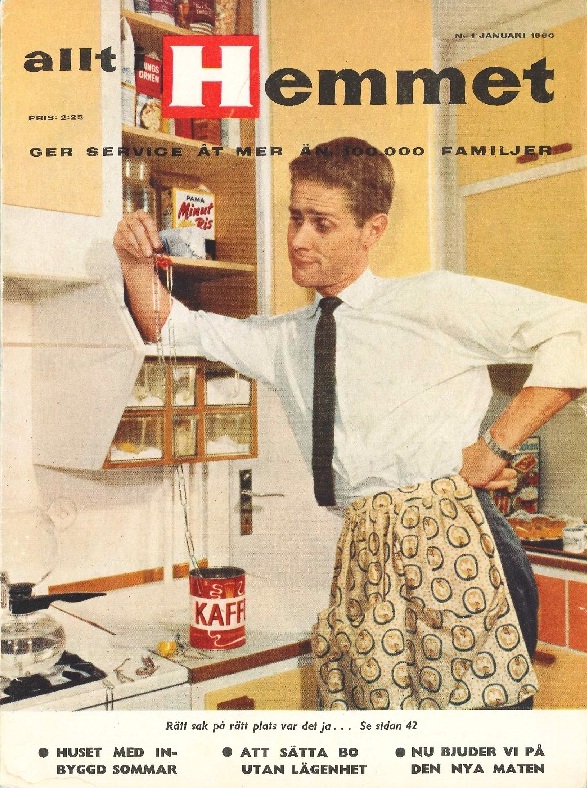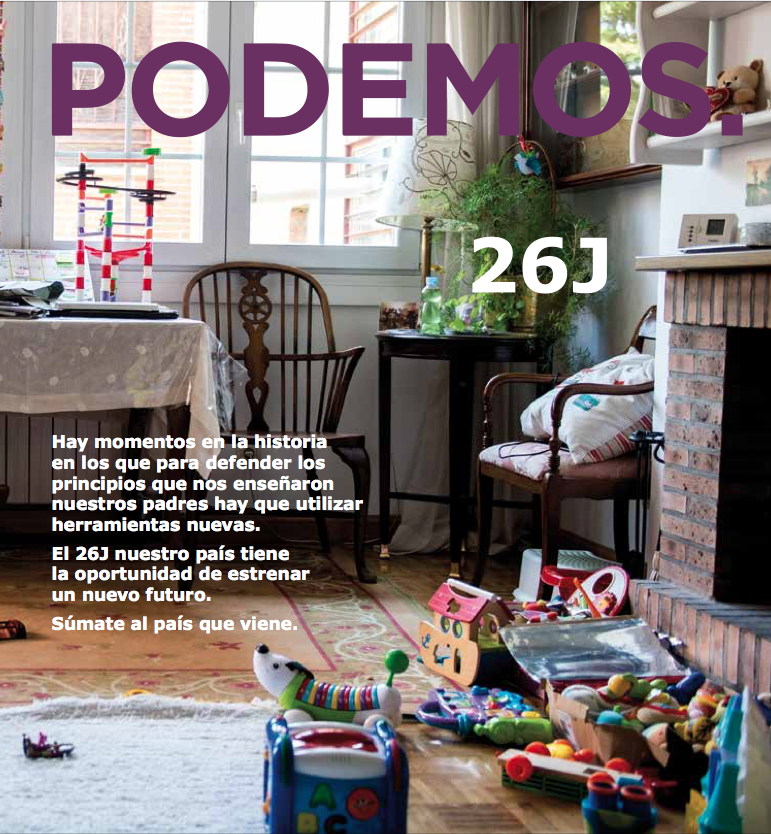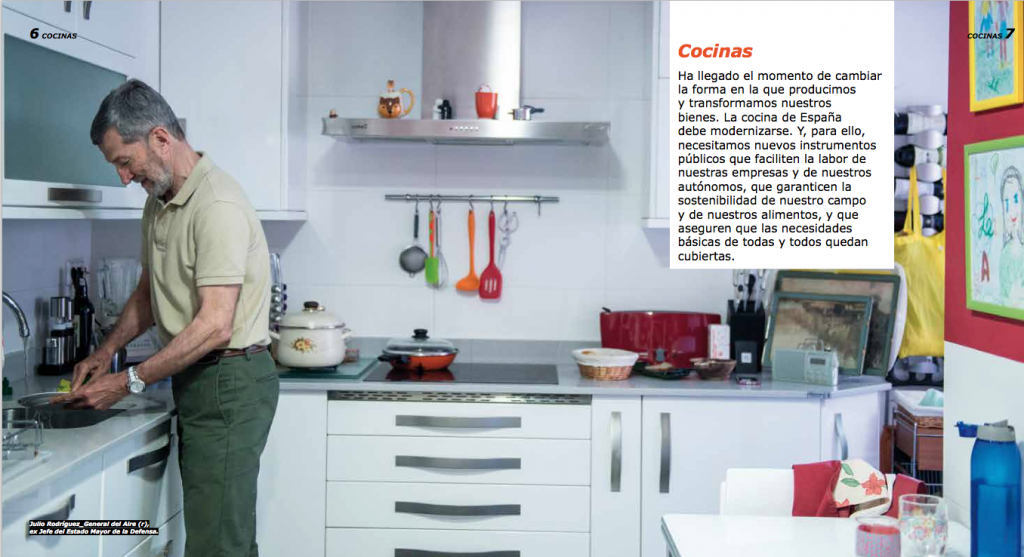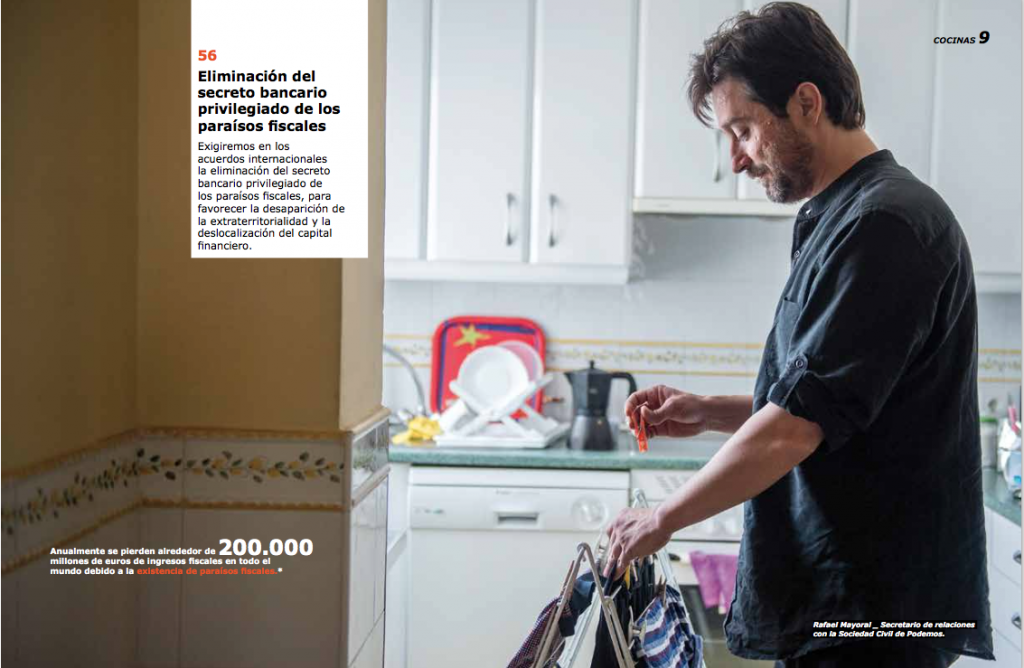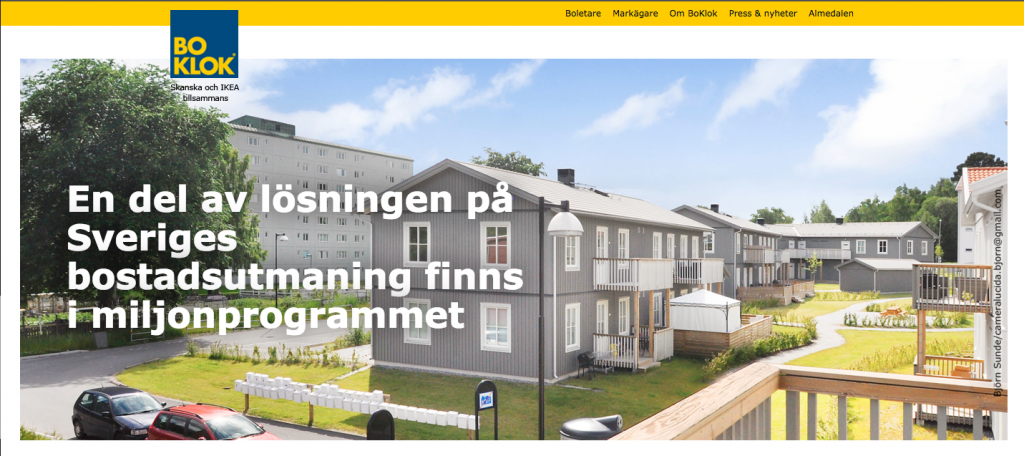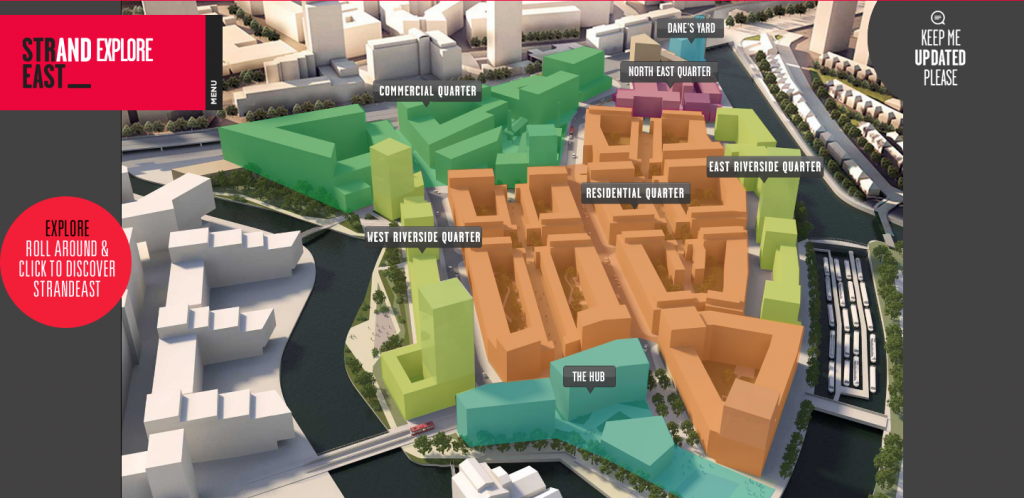Abstract
In the context of a huge systemic crisis in Europe, ’Swedishness’ remains a dominant global fantasy of a better life.
Borrowing key elements from neoliberal museology and urban planning and deforming the main slogans of the Swedish social-democratic period whilst upholding some of its operational logics in processes of subjectivation, IKEA has indeed managed to constitute itself as a commercial mass-media and architectural apparatus, a generator of ‘truths’, which does not completely substitute, but rather enhances and in great measure surpasses, the 20th century nation state. This work particularly explores the implications of the state-machinery-that-became-ikeified in relationship to the production of modern truths around gender.
Through retracing our steps to the company’s birth in 1943 under the wing of Social Democracy and re-narrating the company’s development from an architectural perspective that uses domesticity as a focal point, I seek to analyse the impact of ‘Ikeification’ – a culture and aesthetic of crisis and gentrification, and a phenomenon of material impoverishment and cultural colonisation that has a deep and growing effect in our cities, homes, and bodies.
Supervisor: Patricia Mayayo
Full dissertation text available upon request.
